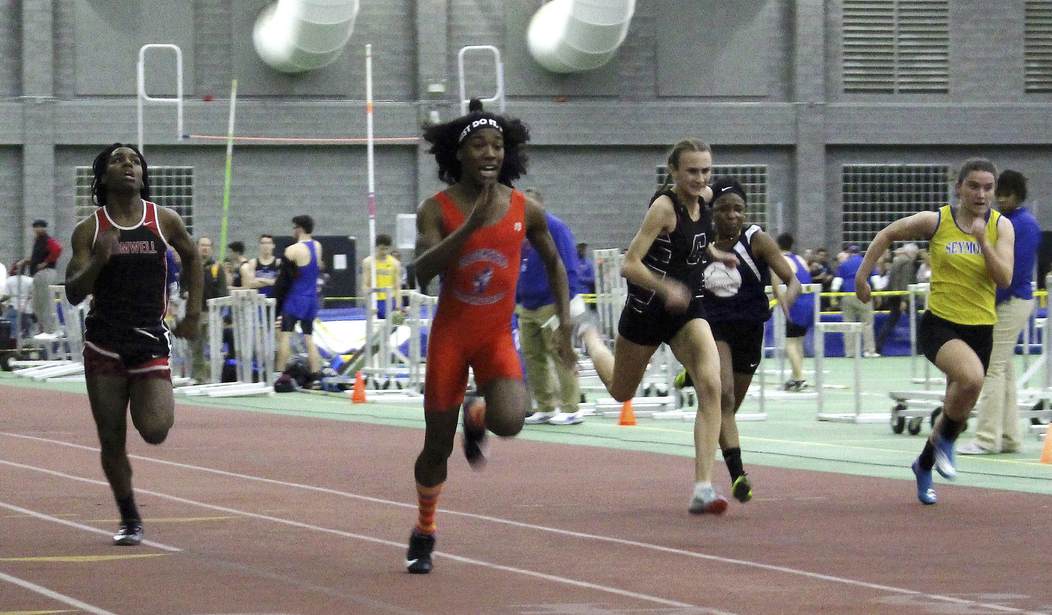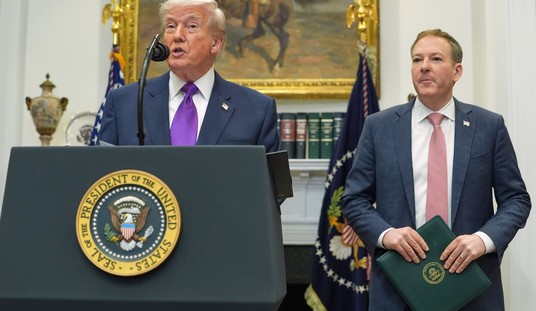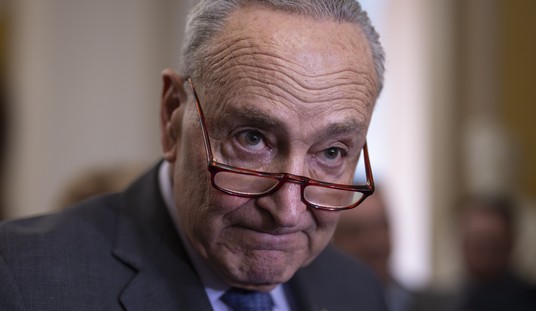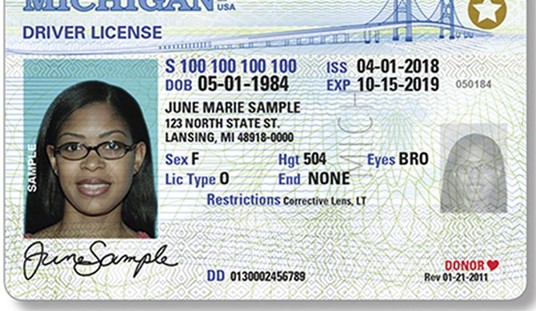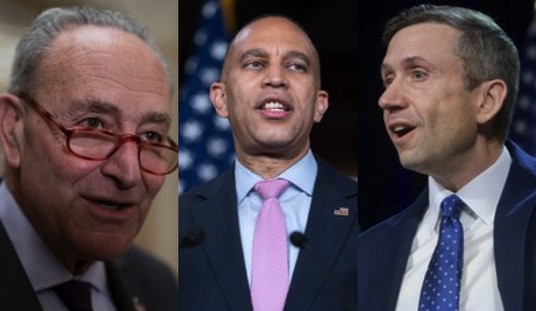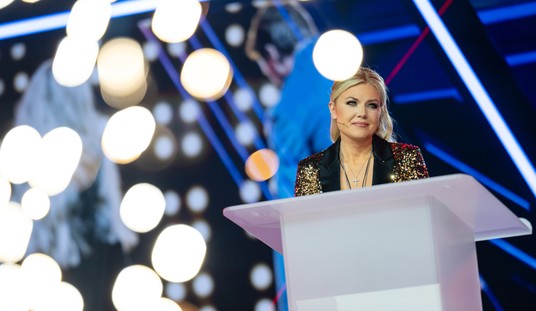After the National Association of Intercollegiate Athletes (NAIA) banned biological males from competing in women’s sports, the focus was shifted to the National Collegiate Athletic Association (NCAA), which has stubbornly insisted on kowtowing to adherents of progressive gender ideology.
However, with more people becoming wise to the push to include men suffering from gender dysphoria in women’s sports, the pressure is likely to increase as more high-profile individuals speak out against the practice.
House Republicans recently added to the pressure the NCAA is facing. Several conservative members of Congress sent a letter to NCAA President Charlie Baker urging him to reconsider the organization’s policy of forcing female athletes to compete with men. “We are deeply concerned about the future of women’s sports and upholding the critical Title IX protections for women’s sports with the NCAA’s current policies,” the letter reads. “We urge the NCAA to follow the NAIA’s lead on this issue and prohibit transgender athletes from competing in women’s sports."
The lawmakers argued that the NAIA’s policy “appropriately recognizes the natural advantages that biological men have in certain athletic competitions” and cited a 2022 study titled “Transwoman Elite Athletes: Their Extra Percentage Relative to Female Physiology,” which revealed what everyone already knows: Men have significant physical advantages over women. The letter points out that the study also established that “estrogen therapy will not reverse most athletic performance parameters,” meaning that “transgender women will enter the female division with an inherent advantage because of their prior male physiology.”
The lawmakers also brought up comments made by University of South Carolina women’s basketball coach Dawn Staley, who recently suggested that biological males should be allowed to participate in women’s sports. During a press conference, she was asked about the issue. She responded:
I’m of the opinion of, if you’re a woman, you should play. If you consider yourself a woman and you want to play sports or vice versa, you should be able to play. That’s my opinion. You want me to go deeper?
“This statement ignores the biological facts and would harm female athletes throughout NCAA-affiliated schools,” the letter reads, also asserting that “It is simply unfair for biological males to be allowed to compete against biological females.”
The letter also mentions transgender collegiate swimmer Lia Thomas, a controversial figure who continually garnered headlines for defeating female athletes in swimming competitions.
The legislators’ letter represents the overall backlash against those insisting that sports organizations embrace hard leftist views on gender and sports. Those arguing in favor of protecting women won a significant victory when the NAIA announced that it would not allow biological males in women’s sports.
On Monday, the National Association of Intercollegiate Athletics (NAIA), an organization responsible for overseeing more than 83,000 athletes, primarily at smaller colleges, passed a ban on transgender athletes from participating in women’s sports. The policy, which received unanimous approval from the NAIA’s Council of Presidents in a 20-0 vote, stipulates that only student-athletes whose assigned sex at birth is female will be permitted to compete on NAIA-sponsored women’s sports teams.
Under the new policy, biological women identifying as transgender men can compete on women’s teams if they haven’t started masculinizing hormone therapy. Those who have will also be barred from NAIA women’s competition, but they can participate in workouts, practices, and team activities for women’s teams. However, the NAIA policy states their participation is “at the discretion” of their college.
All students, including trans men and trans women, will be allowed to compete on men’s teams, according to the policy. The new rules for student-athletes are slated to go into effect on August 1.
NAIA president and CEO Jim Carr said that the policy was in the best interest of the schools under the organization but also acknowledged that it will likely be seen as controversial.
The NCAA, like many other organizations, has continued to allow progressives to push their ideology in college sports. But at some point, when those seeking to protect actual female athletes become louder than those who couldn’t care less about women in sports, perhaps the NCAA will rethink its ludicrous policy.

